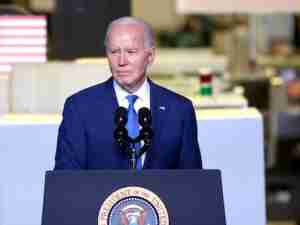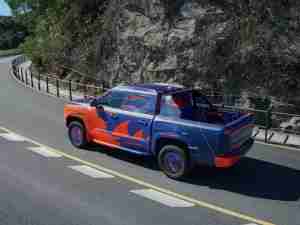"If everything goes well, we will find a resolution by the end of June," the official said.
"All the disputes can be resolved within the framework of the World Trade Organization, but we will defend our interests," he said, speaking on the sidelines of an auto industry forum.
China's duties on imported auto parts comply with WTO agreements and Beijing's objective has been to prevent foreign car makers from evading tax, the official said.
The EU and US have lodged a complaint with the WTO over China's auto parts tariffs, enabling them to call for dispute settlement consultations.
Under WTO rules, consultations must start within 30 days once the complaint is filed. If a resolution is not found within 60 days, the parties can ask a WTO panel to rule on the issue.
US and EU officials object to what they say are domestic content requirements for autos made in China, with tariffs on certain imported parts.
Imported car parts making up more than 60% of the value of a car are subject to a tariff of around 28%- the same tariff as on completed new cars. Components making up less than that share of a vehicle's value are charged only 10-14%.
The EU contends these tariffs force auto makers to source substantial amounts of their car components within China in violation of trade agreements.
Shui Congfang, secretary general of the Shanghai Auto Parts Circulation Association, said earlier this month that if China loses the case, domestic auto parts producers and auto makers will feel the impact.
The association is one of China's major regional unions representing local auto part producers.
Shui said that in terms of production costs, China's auto part products "are not in a favorable position" compared to those made in some other developing countries like Malaysia, India as well as Thailand, which aims to become a major automotive center in Asia.
Foreign carmakers might import products from these countries and assemble them in China if auto parts in completely or semi knocked-down (SKD) units are not taxed at higher levels, Shui added. (XFN-Asia/AFX Asia)








